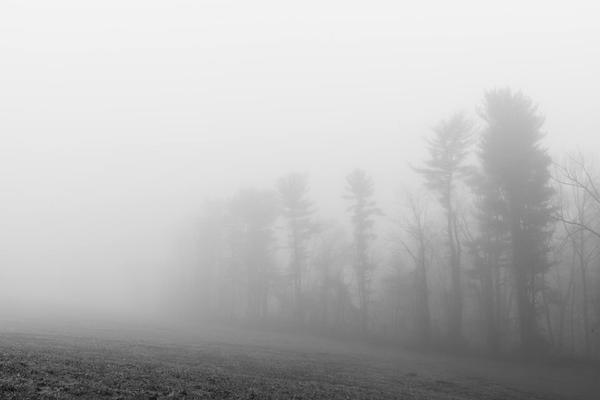I was chatting with someone whose attention is divided. She cares in tangible ways for her elderly parent, her adult kids, and her grandchildren. That is a wide range of needs for one person to embrace. Kind of like when tourists visit the Redwoods and take that obligatory photo with their fingertips stretching, but not reaching around the trunk that was a sapling
when the star shone over Bethlehem.
Yet society, or her conscience, or her neighbors hammer the expectation that she can satisfy those needs.
Our congregation has a group that meets to support people who are navigating elder care, or partner care, in the presence of medical challenges. Most of us have no reference for understanding dementia, or cancer, or anything off the menu of difficulties our bodies and brains find to fool us.
Such a connection can at least shave isolation off the weight that can feel like chain mail.
I remember when we were slammed with my mother's diagnosis, and she lived with us. Suddenly my role as benevolent daughter who is mildly distracted by twins, was usurped by the job of caretaker to a dying octogenarian. I had not signed up for this, and my qualifications were sparse. The timeline, which God kept under wraps, was less than a month between the doctor's
declaration and burial. But I remember silently sending a shipment of respect to the women I was peripherally aware of who had cared for their mothers at the end of life. I actually spoke about it to one, and while the encouragement was past expiration, she still smiled.
The uncertainty of it all took the wind out of me. Maybe many of us can step into those quagmires that at least have clear parameters. Grad school, knee replacements, and extra shifts at work can
be less daunting if only for their temporary status. But even the sure knowledge that your mother will die, and your granddaughter will sleep through the night one day, are not comforting without hard data.

